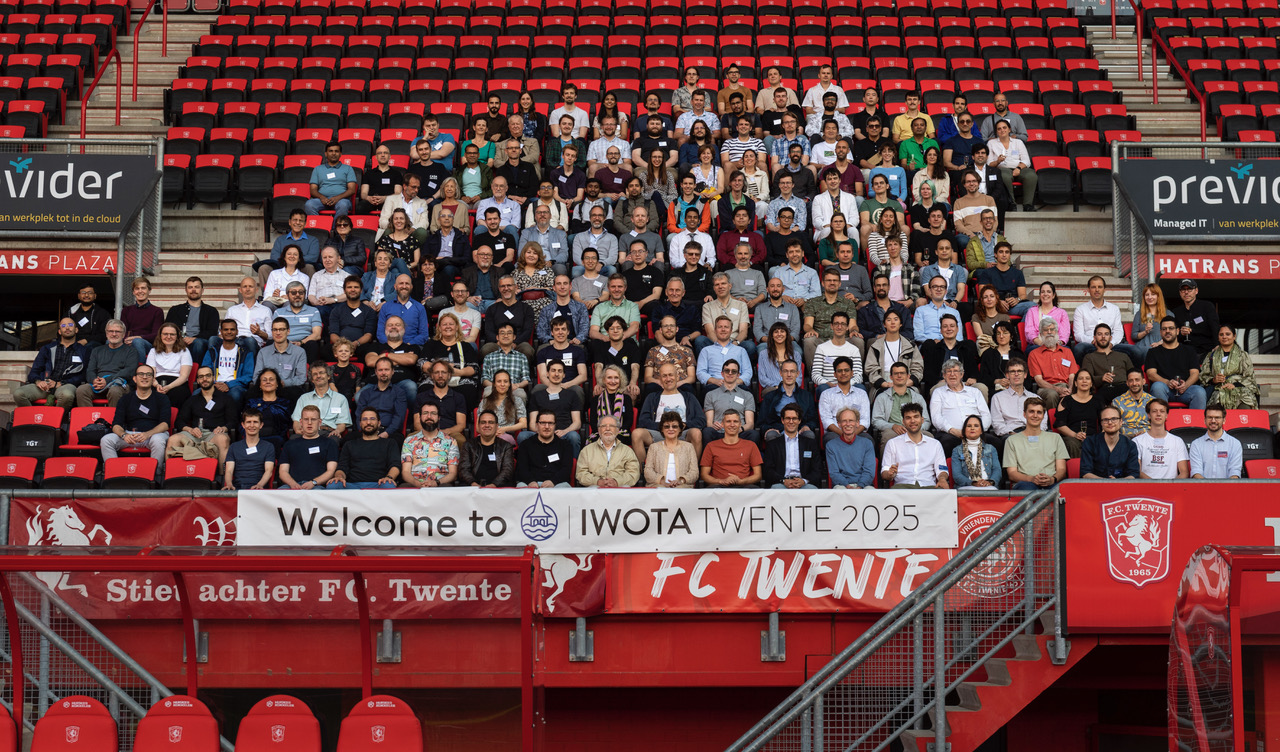Quantitative quantum soundness for all bipartite compiled Bell games via the sequential NPA hierarchy
 Image credit: myself :D
Image credit: myself :DAbstract
Compiling Bell games under cryptographic assumptions removes the need for physical separation, enabling tests of nonlocality with a single untrusted device. Beyond preserving quantum advantage, prior results established quantum soundness—no cheating quantum device can beat the original Bell score—quantitatively only for specific bipartite games; later work proved a general but qualitative version under infinitely secured compilation. However, the more practically relevant case of finitely secured compilation remained open. In this talk, we resolve this problem. Specifically, for every bipartite compiled Bell game with a finite-dimensional optimal strategy, we give the first quantitative soundness bounds: any polynomial-time prover’s score is negligibly close to the game’s ideal quantum value. More generally, for all bipartite games we upper-bound compiled scores via a newly formalized, convergent sequential Navascués–Pironio–Acín (NPA) hierarchy, which we fully characterize, including comparisons to the standard NPA and the flatness condition.
This talk has been presented at multiple venues. The date above is set to the most recent instance for correct ordering in the Talks list. Materials (slides/poster) are shared with minor venue-specific tweaks.
Talks
| Date | Event | Host / Location | Type |
|---|---|---|---|
| 2024-09 | YQIS251 | ICFO, Castelldefels (ES) | Contributed |
| 2025-07 | IWOTA 20252 | University of Twente, Twente (NL) | Contributed |
| 2025-06 | IQC-PCQT-Quantum Saclay Workshop3 | Sorbonne University, Paris (FR) | Invited |
Also presented at various internal group meetings during research visits.

Image credit: IWOTA 2025 at Twente, Netherland